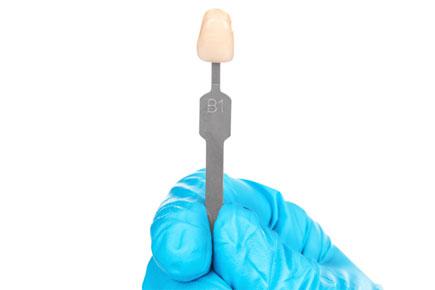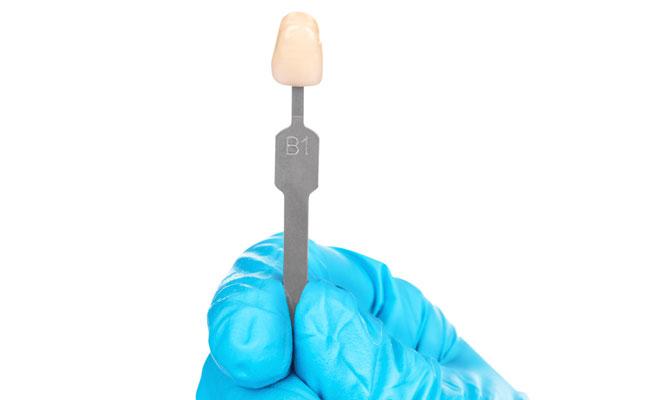Forensic biomedical scientists from Belgium have developed a test to predict age on the basis of blood or teeth samples

Teeth samples
London: Forensic biomedical scientists from Belgium have developed a test to predict age on the basis of blood or teeth samples.
ADVERTISEMENT
This test may be particularly useful for the police as it can help track down criminals or identify human remains.
Human tissues and organs change as we grow older. This ageing process is regulated by our DNA.

Representational picture
The researchers from Katholieke Universiteit Leuven's (KU Leuven) forensic biomedical sciences unit are the first to have successfully used this ageing process, embedded in our DNA, to predict individuals' age with great accuracy.
The behaviour of our organs and tissues depends on which of our genes are activated. As we grow older, some genes are switched on, while others are switched off.
"This process is partly regulated by methylation, whereby methyl groups are added to our DNA. In specific locations, genes with high methylation levels are deactivated,” explained professor Bram Bekaert in a statement.
Bekaert and his colleagues were able to predict individuals' age on the basis of a set of four age-associated DNA methylation markers.
The methylation levels of these markers can be used for highly accurate age predictions.
The researchers were able to determine individuals' age with a margin of error of 3.75 years for blood samples and 4.86 years for teeth.
When forensic examiners find traces of blood at a crime scene, they can try to identify the perpetrator on the basis of DNA.
From now on, the blood samples can also be used to predict the criminal's age.
"The new technique is potentially useful in the context of police investigations because it can help determine the age of criminals or unidentified bodies, which in turn can lead to identification,” the authors noted.
 Subscribe today by clicking the link and stay updated with the latest news!" Click here!
Subscribe today by clicking the link and stay updated with the latest news!" Click here!






